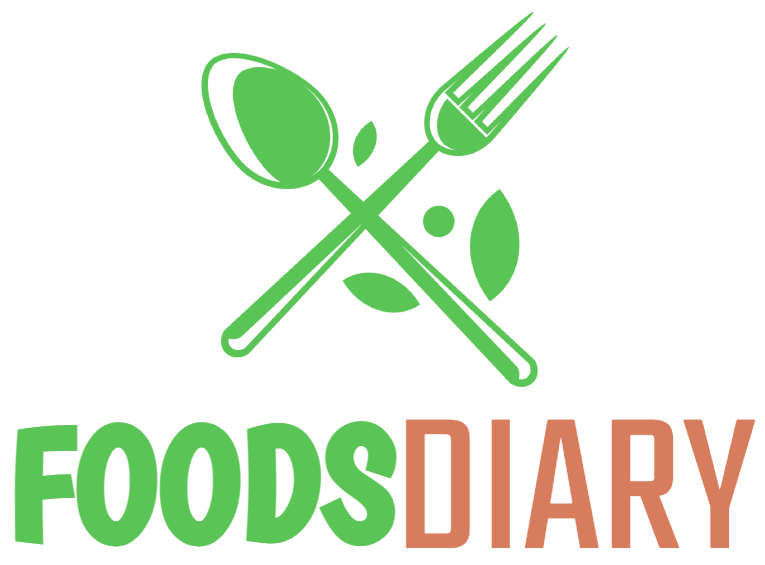This is one of the most controversial topics in the world of cooking and the most confusing for many diners, cooks and foodies. Many years ago this doubt arose as to whether the tomato is a fruit or a vegetable and, if it is a fruit, what type and why is it not sweet, etc. Although there is a disparity between opinions, a large majority affirms that it is indeed it is a fruit, while many others claim that it is a vegetable or a mixture of both.
In any case, its classification does not take away its magnificent properties for the body, its excellent flavor or its incredible contribution to almost any dish, for example. This recipe for tomato sauce for lasagna.
But we are interested in revealing this mystery and, if like us you have ever wondered about it, this time we will really explain if the tomato is a fruit or a vegetable and the main differences between these 2 food categories together with some recipes that may interest you.
Difference between fruit and vegetables
Many people have the mistaken belief that fruits are sweet and vegetables are green or that fruits are only used for desserts and that is why they are classified as such. We are sorry to tell you that this is not really the difference and that it goes far beyond its taste, color and flavor.
A fruit is part of a plant just like a vegetable, but its main difference is that the fruit is known as the “ovary” of said plantation and that is why it contains the seeds, while vegetables are extracted from any other area. Of the plant.
Now, do you recognize any other vegetables that could be fruits? Yes, and it doesn’t just happen with the tomato, because for many it can be anything from a fruit to a berry.
Is tomato a fruit or a vegetable and why?
This doubt arose long before us, specifically in the 19th century when a law was implemented, specifically in 1887, where imported vegetables would have a tax to pay while fruits did not and therefore, they would be tax free. At the time of transporting the tomato, many merchants argued that they were exempt from taxes because this food was a fruit, however the government in its defense said no, since it is not served in desserts but in salads and that is why it was a vegetable. This controversy has wanted to be resolved for more than 2 centuries and has been the focus of biologists, chefs and farmers, who each have different opinions.
Some allege that the tomato is considered a vegetable for the same erroneous reason that it was implemented in 1887, that because it was not eaten in desserts but in main meals, it was immediately a vegetable, thus ignoring the definition of what it really is.
But as the vast majority have stated, the tomato is a fruit since it contains seeds and is the fruit of a vine, or of the “ovary” of said plant, the tomato plant; so, regardless of its flavor or its use in practice, its origin immediately makes it a fruit. This doubt was clarified by many biologists and the discrepancies were so intense that in 1893 the query was taken to the Court of the European Union where the tomato was officially declared a fruit.
Other vegetables that are fruits
As we mentioned before, the debate does not arise only with tomatoes since there are many other vegetables that contain seeds and that do not come from the plant itself, but rather are born as a fruit and here we will tell you which are these fruits that are confused with our day to day as vegetables or vegetables:
- Avocado
- Cucumber
- Zucchini or corvette
- Bell pepper or paprika
- Egg plant
- Pumpkin or squash



